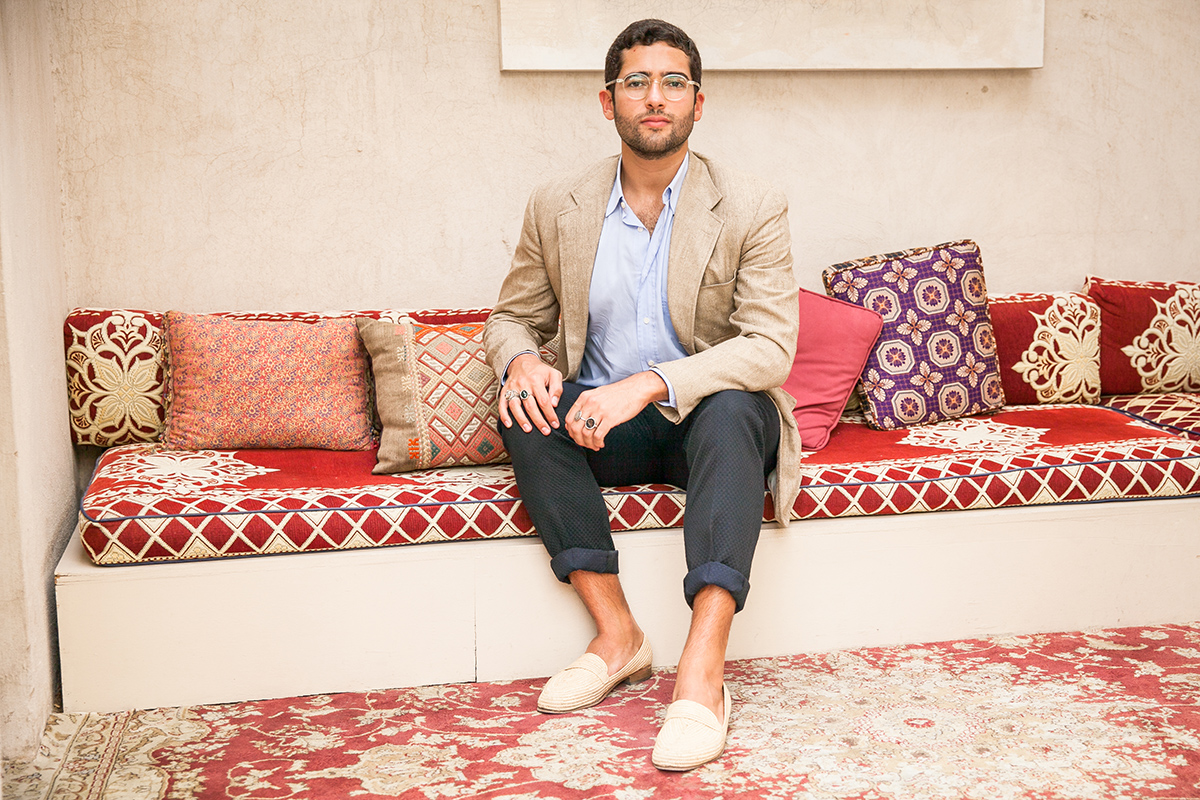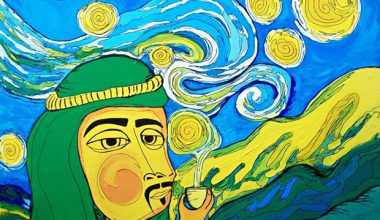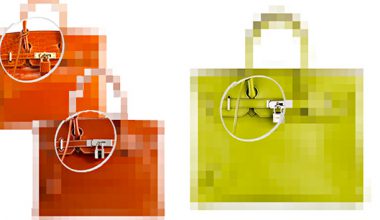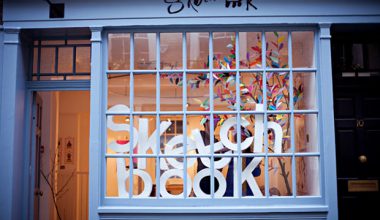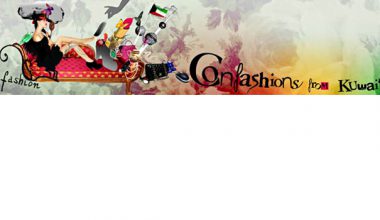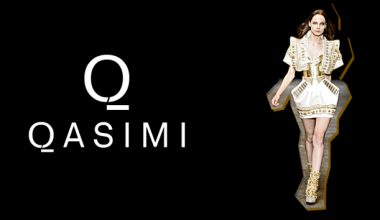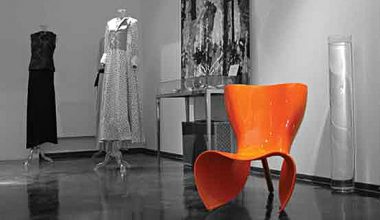Faissal El-Malak’s career spans less than a decade, yet has seen him showcase his work across the world with some of the biggest names in the industry. Raised between Montreal, Canada and Doha, Qatar, El-Malak studied Fashion Design in Paris’ Atelier Chardon Savard before moving back to the gulf and settling in Dubai, UAE.
Catching a glimpse of his most recent SS16 collection, I knew El-Malak was my kind of designer. From the rawness of his fabrics that comes from commissioning their creation from regional artisans using traditional techniques to his contemporary Arabic aesthetic, this was not just a designer I wanted to meet, but one whose work I would be proud to wear. His gentle mannerisms made for easy conversation with a young designer knowledgeable beyond his years.

How do you approach design?
My approach is inspired by the region; on top of that I also draw inspiration from traveling across the region, working with artisans. The first collection was comprised of traditional Yemeni hand woven fabrics. For my SS16 collection, I traveled to Tunis where I found hand woven fabrics and then incorporated techniques from jewelers. Hopefully, I’ll continue to travel and ultimately I’ll build myself a database of artisans that I can use to create a mix of techniques leading to unique designs
How do international trends come into your style?
I might touch upon them but I do a lot of visual research and mood boards for inspiration. There are elements of the traditional Tunisian dress in the collection, I did an interpretation of the women's "Fouta Blouza " which is like a sarong and bra-let, I showcased the collection at the Vogue Italy Dubai Fashion Experience.
So you believe that the region is capable of creating high-quality products?
Most assuredly, I believe the craftsmanship and the work of these artists is absolutely top notch already, but, unfortunately, it’s stuck in a very traditional context. So I know it's an important endeavour to use the capabilities of regional designers and interpret them into different and more modern contexts. I take the typically woven style of traditional Tunisian dress and mix it with the 70s and 80s trends in Dubai or any other visual references that intrigues me.
www.faissalelmalak.com

